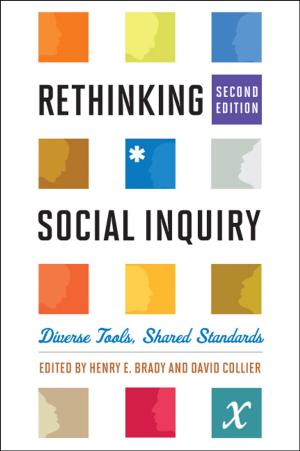Talking Science
Language and Learning in Science Classrooms
Nonfiction, Reference & Language, Education & Teaching, Educational Theory, Curricula| Author: | Wolff-Michael Roth | ISBN: | 9781461666349 |
| Publisher: | Rowman & Littlefield Publishers | Publication: | May 26, 2005 |
| Imprint: | Rowman & Littlefield Publishers | Language: | English |
| Author: | Wolff-Michael Roth |
| ISBN: | 9781461666349 |
| Publisher: | Rowman & Littlefield Publishers |
| Publication: | May 26, 2005 |
| Imprint: | Rowman & Littlefield Publishers |
| Language: | English |
This book is about the fundamental nature of talk in school science. Language as a formal system provides resources for conducting everyday affairs, including the doing of science. And while writing science is one aspect, talking science may in fact constitute a much more important means by which we navigate and know the world-the very medium through which we do science. In Talking Science Wolff-Michael Roth articulates a view of language that differs from the way science educators generally think about it. Knowing language, in this view, is no longer distinct from knowing one's way around a particular section of the world. It is a non-representational view of language and dispenses with language as a barrier between the individual subject and the world it knows. In addition, the book includes detailed analyses from actual classrooms to exemplify what such a different approach means for science education. The conclusion is that once we have learned new ways of articulating the world and talking about it, we also have learned to handle this world more easily.
This book is about the fundamental nature of talk in school science. Language as a formal system provides resources for conducting everyday affairs, including the doing of science. And while writing science is one aspect, talking science may in fact constitute a much more important means by which we navigate and know the world-the very medium through which we do science. In Talking Science Wolff-Michael Roth articulates a view of language that differs from the way science educators generally think about it. Knowing language, in this view, is no longer distinct from knowing one's way around a particular section of the world. It is a non-representational view of language and dispenses with language as a barrier between the individual subject and the world it knows. In addition, the book includes detailed analyses from actual classrooms to exemplify what such a different approach means for science education. The conclusion is that once we have learned new ways of articulating the world and talking about it, we also have learned to handle this world more easily.















